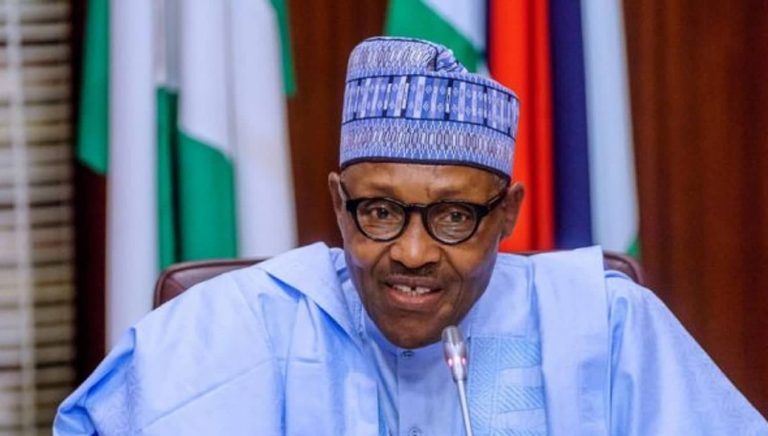
Borrowing to subsidize petrol, electricity, a very reckless act — Buhari
President Muhammadu Buhari says it is reckless and irresponsible to keep borrowing money to subside the generation and distribution of electricity and refined petroleum products such petrol.
Buhari, who was represented at the first-year ministerial performance assessment retreat by Vice President Yemi Osinbajo on Monday, said the country can no longer afford to subside electricity and refined petroleum products.
Buhari is currently attending the 57th ordinary session of the Economic Community of West African States (ECOWAS) Authority of Heads of State and Government in Niger.
“Because of the problems of the privatisation exercise, the government has had to keep supporting the largely privatised electricity industry,” the vice president said.
“So far, to keep the industry going, we have spent close to N1.7 trillion especially by way of supplementing tariff shortfalls.
“We simply do not have the resources at this time to continue in this way. And it will be grossly irresponsible to borrow to subsidise generation and distribution which are both privatised.
“The effect of the deregulation is that pump prices of petrol will change with the changes in global oil prices.
“This means quite regrettably that as oil prices go higher, we could see some increases in pump price. This is what has happened now when global prices rose, it meant that the prices of petrol locally will also go up.
“There are several negative consequences if the government should go back to the business of fixing or subsidising petroleum or PMS prices.
“First of all, it will mean a return to the costly subsidy regime. Today, as we’ve heard, we have 60 per cent less revenue. We simply cannot afford the cost.
“The second danger is the potential return of fuel queues which has thankfully become a thing of the past. Nigerians no longer have to endure long queues just to buy petrol often at highly inflated prices.
“Also, there is no provision for fuel subsidy in the Revised 2020 Budget simply because we are not able to afford such a cost.
“If reasonable provision must be made for health, education, and other social services, we simply cannot sustain petroleum subsidies.”
“As a result of the poor fortunes of the oil sector, our revenues and foreign exchange earnings have fallen drastically. Our revenues have fallen by almost 60 percent,” he explained.
“Yet we have had to sustain expenditures, especially on salaries and capital projects, in order to keep the economy going.”
Osinbajo said the current administration adopted a N2.3 trillion economic sustainability plan (ESP) to mitigate the effect of the economic slowdown.
He said the plan, which consists of fiscal, monetary and sectorial measures, is expected “to enhance local production, support businesses, retain and create jobs and provide succour to Nigerians, especially the most vulnerable.
Call 0803 239 3958 for free financial consulting advice for your businesses. Attend our monthly Peachtree Sage 50 accounting and reporting seminar.
Send your accounting articles to blog@skytrendconsulting.com.
READ ALSO! Skytrend Consulting: Financial services and accounting solutions company
READ ALSO! Why The North Remains Headquarters Of Poverty In Nigeria — Kingsley Moghalu
READ ALSO! For failing to give out ‘adequate loans’, 12 banks fined N499bn
READ ALSO! Nigerian Central Bank Approves Disbursement Of Loans For Creative Industries At 9%
READ ALSO! How To Empower Yourself And Generate Income From Mutual Funds
READ ALSO! Is N-Power Truly Empowering Nigerian Youths?
READ ALSO! TraderMoni: Poverty Alleviation Or Political Leverage?